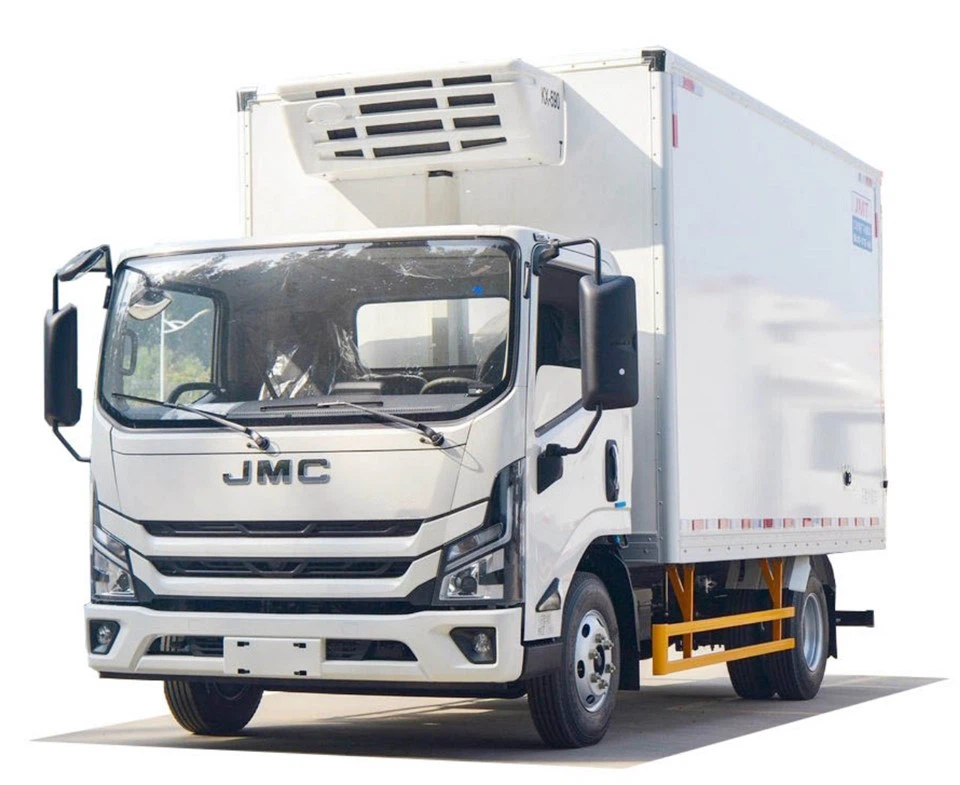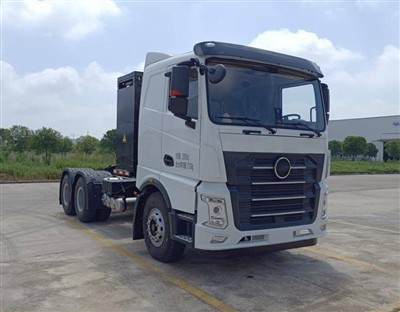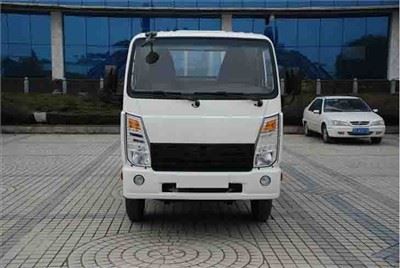Understanding Garbage Truck Cost: A Comprehensive Guide

Garbage trucks are essential for waste management, ensuring that our cities and towns remain clean and healthy. However, the cost associated with these vehicles can vary widely based on several factors, making it crucial for municipalities, private waste management companies, and businesses to understand the pricing dynamics. This article delves into the various aspects of garbage truck costs, including types, purchasing options, maintenance, and more.
1. The Importance of Garbage Trucks
Garbage trucks play a vital role in the ecosystem of waste management. They not only contribute to cleanliness but also promote recycling and responsible waste disposal. Understanding their cost is key for better budgeting and resource allocation.
2. Types of Garbage Trucks and Their Costs
2.1 Front Load Garbage Trucks
Front load garbage trucks are commonly used in commercial waste collection. They have a large cab and a front-loading mechanism for emptying dumpsters.
| Size | Cost Range |
|---|---|
| 5-10 yards | $25,000 – $45,000 |
| 10-20 yards | $45,000 – $75,000 |
2.2 Rear Load Garbage Trucks
These trucks collect waste using a rear-loading mechanism. They are commonly seen in residential areas.
| Size | Cost Range |
|---|---|
| 10-20 yards | $30,000 – $60,000 |
| 20-30 yards | $60,000 – $100,000 |
2.3 Side Load Garbage Trucks
Side load garbage trucks are designed for efficient collection alongside roads. They can be manually operated or automated.
| Type | Cost Range |
|---|---|
| Manual | $80,000 – $120,000 |
| Automated | $100,000 – $150,000 |
3. Factors Influencing Garbage Truck Cost
3.1 Size and Capacity

The size of the garbage truck directly affects its cost. Larger and more spacious trucks typically come at a higher price.
3.2 New vs. Used Trucks
Purchasing new trucks involves higher initial costs (often 20-30% more) compared to used ones, which may come with wear and tear.
3.3 Additional Features
Features such as hydraulic lifts, automated systems for loading, and advanced safety measures can increase the overall cost significantly.
4. Purchasing Options: New vs. Used

4.1 Buying New Garbage Trucks
New garbage trucks are often equipped with the latest technology and come with warranties, but come with a higher price tag. Here’s a breakdown of potential costs:
- Standard Model: $100,000 – $150,000
- Advanced Features: $150,000 – $300,000
4.2 Buying Used Garbage Trucks
Purchasing used can save significant costs, but requires caution. Consider these factors before buying:
- Age and Mileage
- Maintenance History
- Inspection by a Mechanic
5. Leasing Garbage Trucks
Leasing is a viable alternative to buying, particularly for small companies. Here are the pros and cons:
5.1 Pros
- Lower upfront costs
- Access to newer models
5.2 Cons
- No ownership
- Potential for hidden fees
6. Maintenance and Operational Costs
Understanding ongoing costs is crucial for budgeting. Here’s an overview:
6.1 Regular Maintenance
Routine checks include:

- Oil Changes
- Brake Inspections
- Engine Checks
Estimated Annual Cost: $5,000 – $15,000 per truck
6.2 Fuel Costs
Fuel efficiency can vary based on size and model. Average fuel consumption is around 4-8 miles per gallon.
Estimated Annual Fuel Cost: $20,000 – $40,000
7. Selecting the Right Garbage Truck for Your Needs
Choosing the right garbage truck involves evaluating the specific needs of your business or municipality:
7.1 Assessing Waste Volume
Determine the volume of waste generated to select an appropriately sized truck.
7.2 Understanding Local Regulations
Be aware of local laws regarding waste collection as they can influence the type of truck needed.
8. Financing Options for Garbage Trucks
8.1 Loans
Several banks and credit unions offer loans specifically for purchasing equipment, including garbage trucks.
8.2 Government Grants
Certain programs may offer grants for environmentally friendly waste management solutions.
9. Practical Tips for Reducing Garbage Truck Costs
- Invest in training for drivers to reduce accidents.
- Opt for fuel-efficient models.
- Implement a preventive maintenance schedule to avoid costly repairs.
- Consider scheduling routes to optimize fuel consumption.
10. Frequently Asked Questions (FAQs)
10.1 What is the average cost of a garbage truck?
The average cost typically ranges from $25,000 for smaller used models to over $300,000 for advanced new trucks.
10.2 How much does maintenance cost for garbage trucks?
Annual maintenance can cost between $5,000 – $15,000 depending on the truck’s condition and usage.
10.3 Are there financing options available?
Yes, financing options include loans from banks, credit unions, and potential government grants for eco-friendly models.
10.4 What factors can affect the resale value of garbage trucks?
Factors include age, mileage, maintenance history, and overall truck condition.
10.5 Can garbage truck costs be affected by fuel prices?
Yes, fluctuations in fuel prices can significantly impact operational costs and overall budgeting for garbage truck services.
10.6 Is it worth investing in a new garbage truck?
Investing in new trucks can be worthwhile for durability, technology, and warranty, but the decision depends on budget and requirements.
